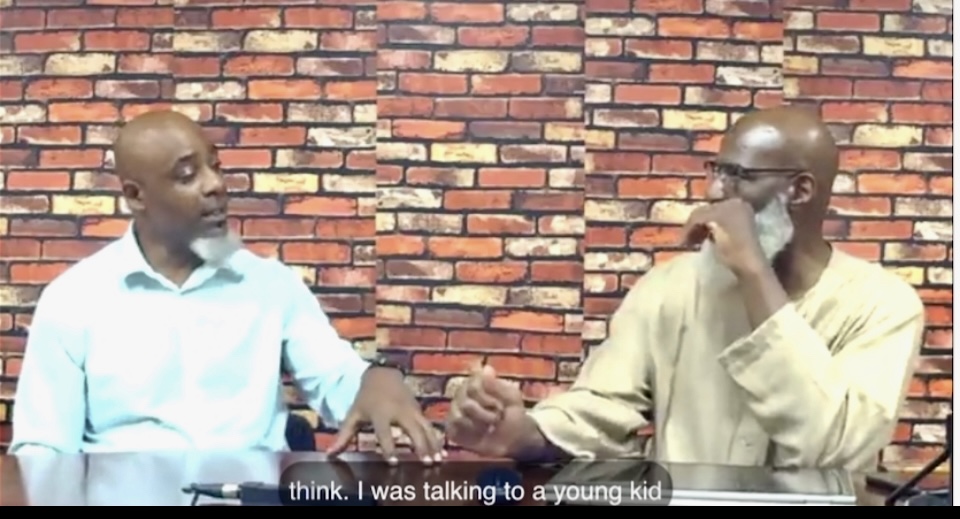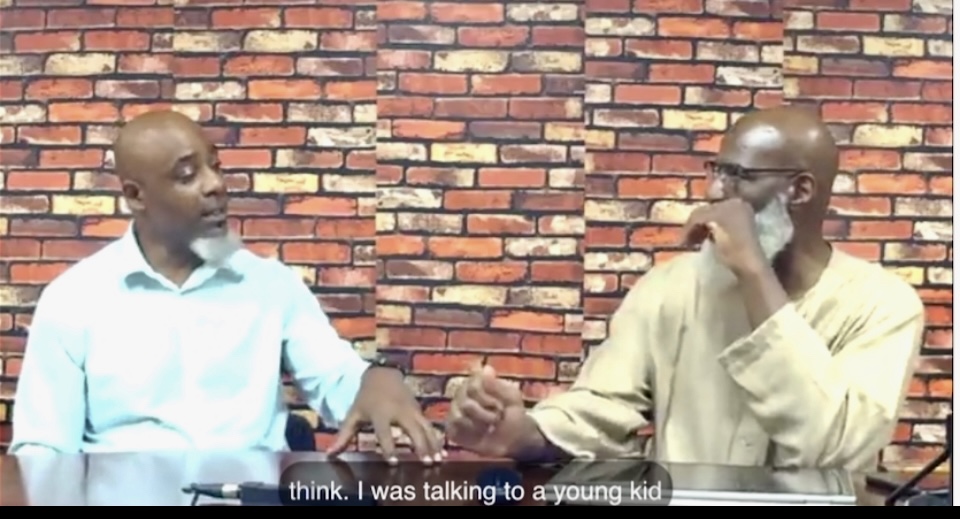
My growth has come from my pain I have or caused. I seek forgiveness and a chance.
Personal growth is an integral part of the healing process. Reflecting on the lessons learned from the chaos allows us to evolve as individuals and develop a deeper sense of empathy and self-awareness. Engaging in self-improvement practices, such as therapy, mindfulness, or seeking guidance from mentors, can aid in rebuilding one’s character. This leads me to looking at things much different than anyone. I break through our clumsy science and thinking that the preservation of civilization is a paramount concern in an increasingly complex and interconnected world. Amidst the challenges posed by environmental degradation, social unrest, and technological advancements, the need for innovative solutions has never been more pressing. One such solution that holds significant promise is non-linear apography. By departing from traditional linear narratives and embracing a multi-dimensional approach to understanding and addressing societal issues, non-linear apography can potentially save the destruction of civilization.
Understanding Non-Linear Apography:
Non-linear apography, a term coined to describe a departure from linear storytelling, involves the exploration of narratives from multiple perspectives and in various contexts. It encourages a holistic understanding of complex issues by promoting the exploration of interconnected relationships, causes, and effects. This approach acknowledges the limitations of linear narratives, which often oversimplify complex problems, and instead embraces a more nuanced and comprehensive perspective.
Civilizational challenges, such as climate change, economic inequality, and political unrest, are inherently complex, multifaceted, and interconnected. Traditional linear narratives often fail to capture the intricate web of relationships and interdependencies that contribute to these challenges. In contrast, non-linear apography allows for a more comprehensive examination of the root causes and potential solutions by considering multiple factors simultaneously.
Uncovering Unintended Consequences:
One of the significant advantages of non-linear apography is its ability to shed light on unintended consequences and feedback loops within societal systems. By exploring the interconnectedness of different elements, this approach facilitates the identification of unforeseen outcomes that may arise from well-intentioned actions. Understanding these unintended consequences is crucial for avoiding destructive paths and fostering sustainable solutions.
Facilitating Collaboration and Innovation:
In a world where collaboration and innovation are essential for progress, non-linear apography can serve as a catalyst for change. By encouraging the exploration of diverse perspectives and the integration of various disciplines, this approach fosters interdisciplinary collaboration and inspires innovative solutions. The recognition of the interconnectedness of societal challenges motivates stakeholders from different fields to work together towards a common goal.
Promoting Adaptability and Resilience:
Non-linear apography recognizes that societal systems are dynamic and ever-evolving. By embracing complexity and interconnectedness, this approach promotes adaptability and resilience in the face of uncertainty and change. Non-linear narratives allow for a more accurate understanding of the evolving nature of societal challenges, enabling societies to proactively adapt and respond to emerging threats.
Non-linear apography offers a compelling alternative to traditional linear narratives, providing a fresh perspective on the preservation of civilization. By embracing complexity, interconnectedness, and multi-dimensionality, this approach allows for a more comprehensive understanding of societal challenges and potential solutions. Through its ability to uncover unintended consequences, foster collaboration, and promote adaptability, non-linear apography holds the potential to save civilization from destruction. As we navigate an increasingly complex world, embracing this innovative approach may prove instrumental in shaping a sustainable and resilient future for humanity. What seldom arises without underlying causes is reflection upon our actions and analyzing the circumstances that led to pain can provide valuable insights. It is important to identify the factors that contributed to the chaos, whether they were external influences or personal choices. This introspection enables us to gain a deeper understanding of ourselves and the context in which chaos unfolded. We can do be better when we challenge our own thinking.
Written by: Dr. Paul W Dyer
Emotional Scientist


